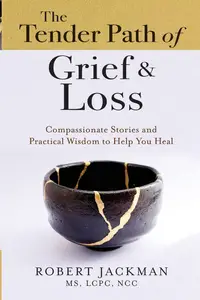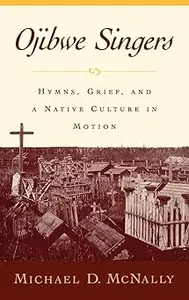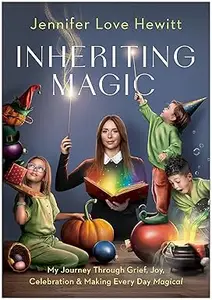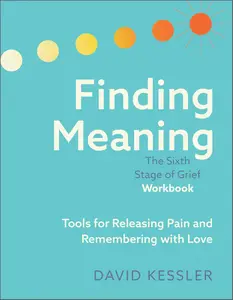
Free Download Fintan Walsh, "Performing Grief in Pandemic Theatres "
English | ISBN: 1009464817 | 2024 | 74 pages | PDF | 2 MB
This Element explores how theatre responded to the death and loss produced by the COVID-19 pandemic, by innovating forms and spaces designed to support us in grief. It considers how theatre grieved for itself, for the dead, for lost ways of living, while also imagining and enacting new modes of being together. Even as it reckoned with its own demise, theatre endeavoured to collectivise grief by performing a range of functions more commonly associated with funerary, health and social care services, which buckled under restrictions and neglect. These pandemic theatres show how grief cannot only be let mourn over individual losses in private, but how it must also seep into the public sphere to fight to save critical services, institutions, communities and art forms, including theatre itself.








